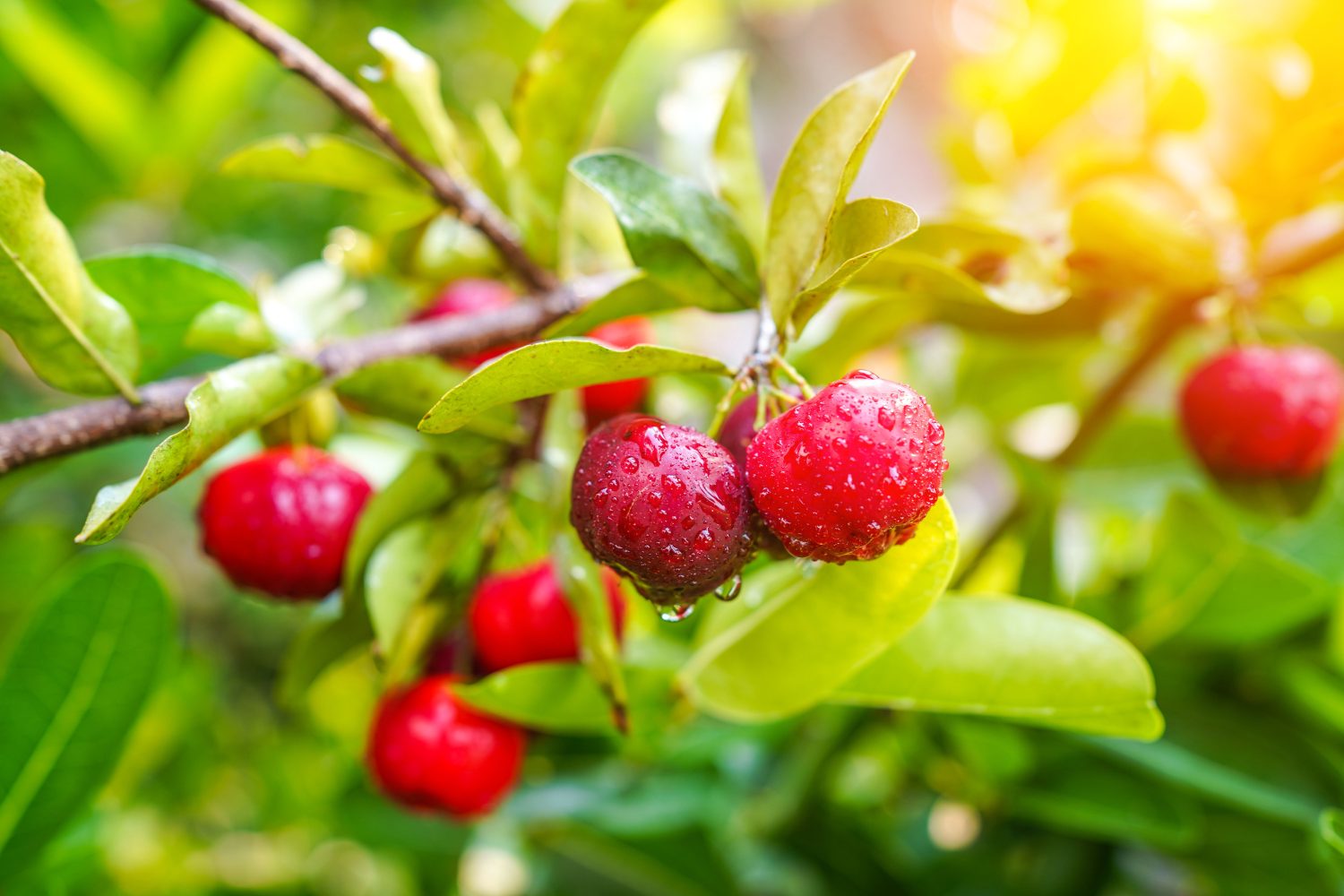Popular Products
Aronia Vida
CHF 69.00
Ascorbic acid is an organic acid that occurs in various forms, but only L-(+)-ascorbic acid has biological activity and can be utilised by the human body. L-(+)-ascorbic acid and its derivatives with the same effect are grouped together under the collective term vitamin C. This therefore also includes substances that are first used in the body. This therefore also includes substances that are first converted to L-(+)-ascorbic acid in the body. The name ascorbic acid comes from “anti-scorbutic acid”. This is because a severe deficiency of ascorbic acid, or vitamin C, leads to the disease scurvy, which was discovered in the past among seafarers who were unable to eat fresh food for months and therefore suffered from vitamin C deficiency. For us today, scurvy certainly plays a subordinate role, but our body nevertheless urgently needs ascorbic acid / vitamin C for a whole series of important functions. The substance plays a main role as a strong antioxidant / radical scavenger. Vitamin C is also involved in collagen formation, wound healing and immune defence and improves the absorption of iron in the intestine, which is particularly important in cases of iron deficiency (iron should always be taken together with vitamin C).



Vitamin C is found mainly in fresh fruit, berries and organically grown vegetables, which should be consumed daily. It is not entirely clear which food offers the highest source of this important vitamin, but the acerola cherry is certainly one of the front-runners. What is certain, however, is that vitamin C is unfortunately very sensitive to heating and oxygen
Make sure that the place of delivery and the language correspond to your region. Otherwise, change your selection: